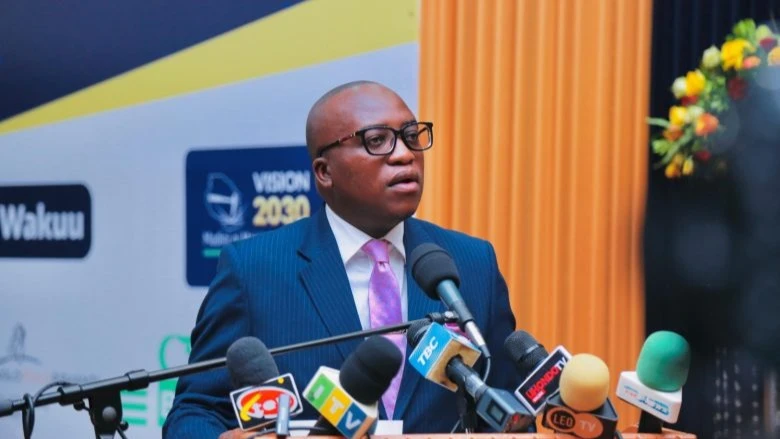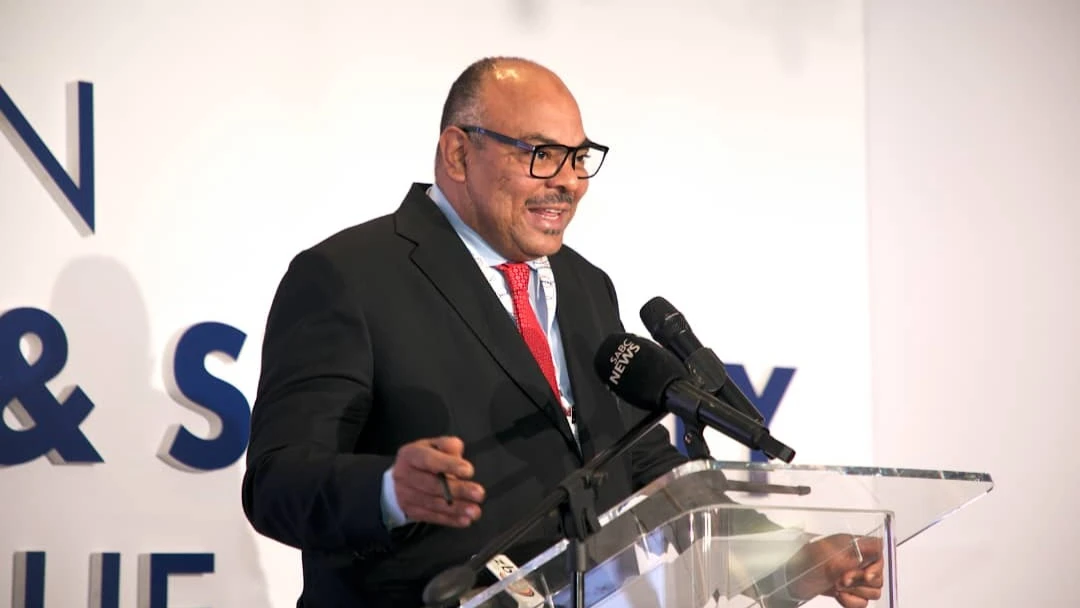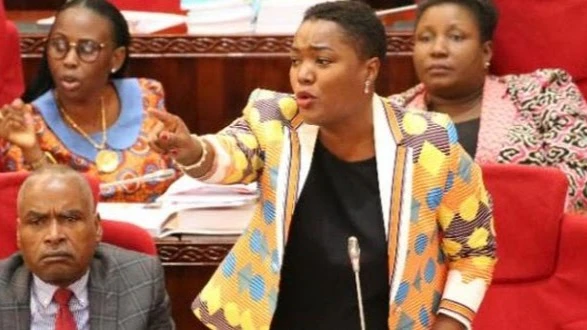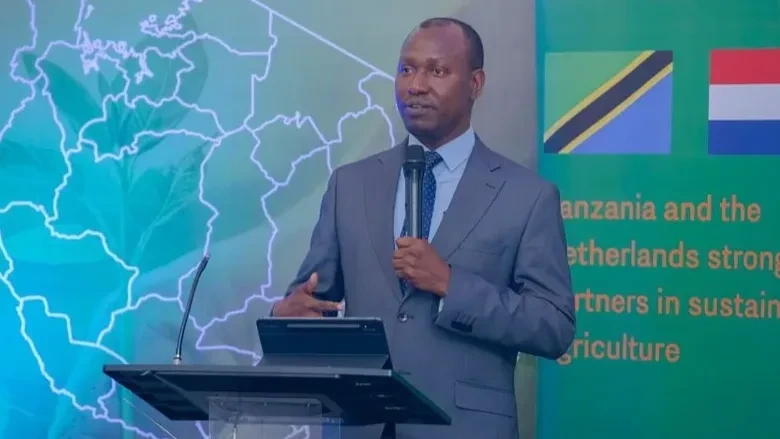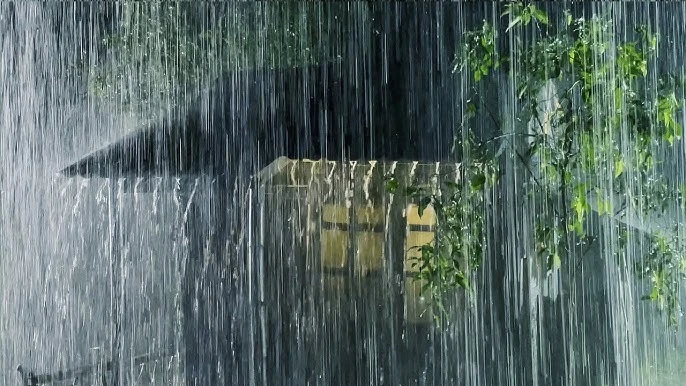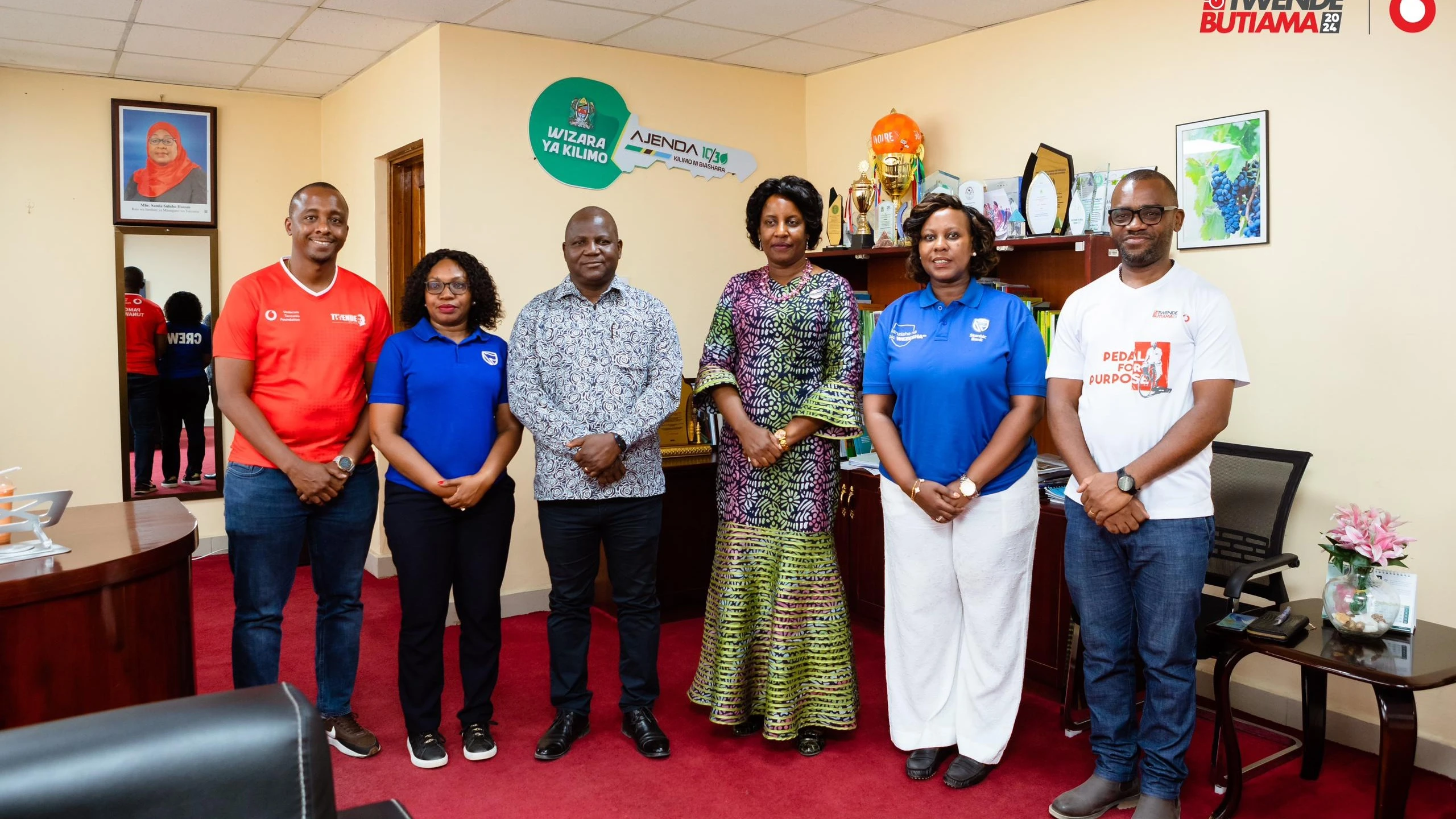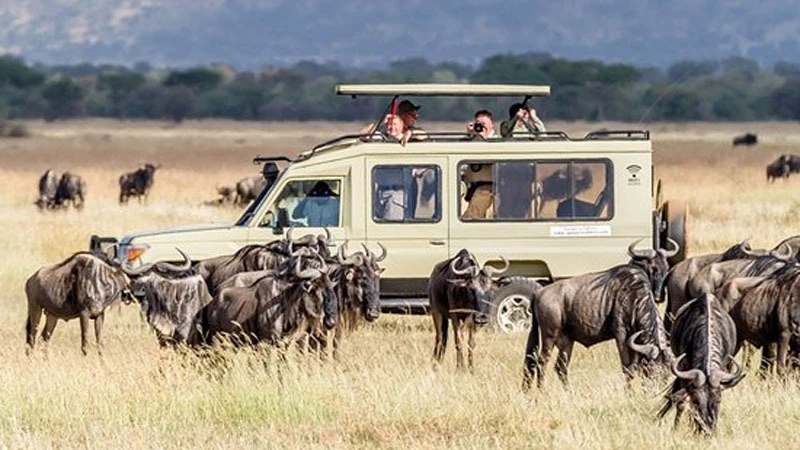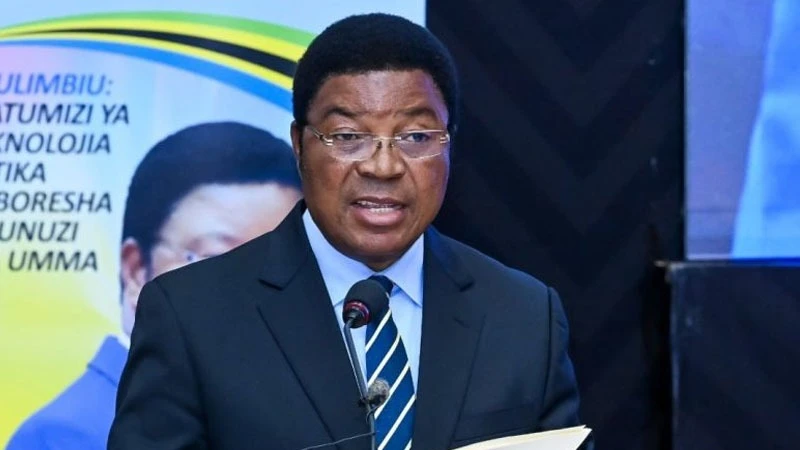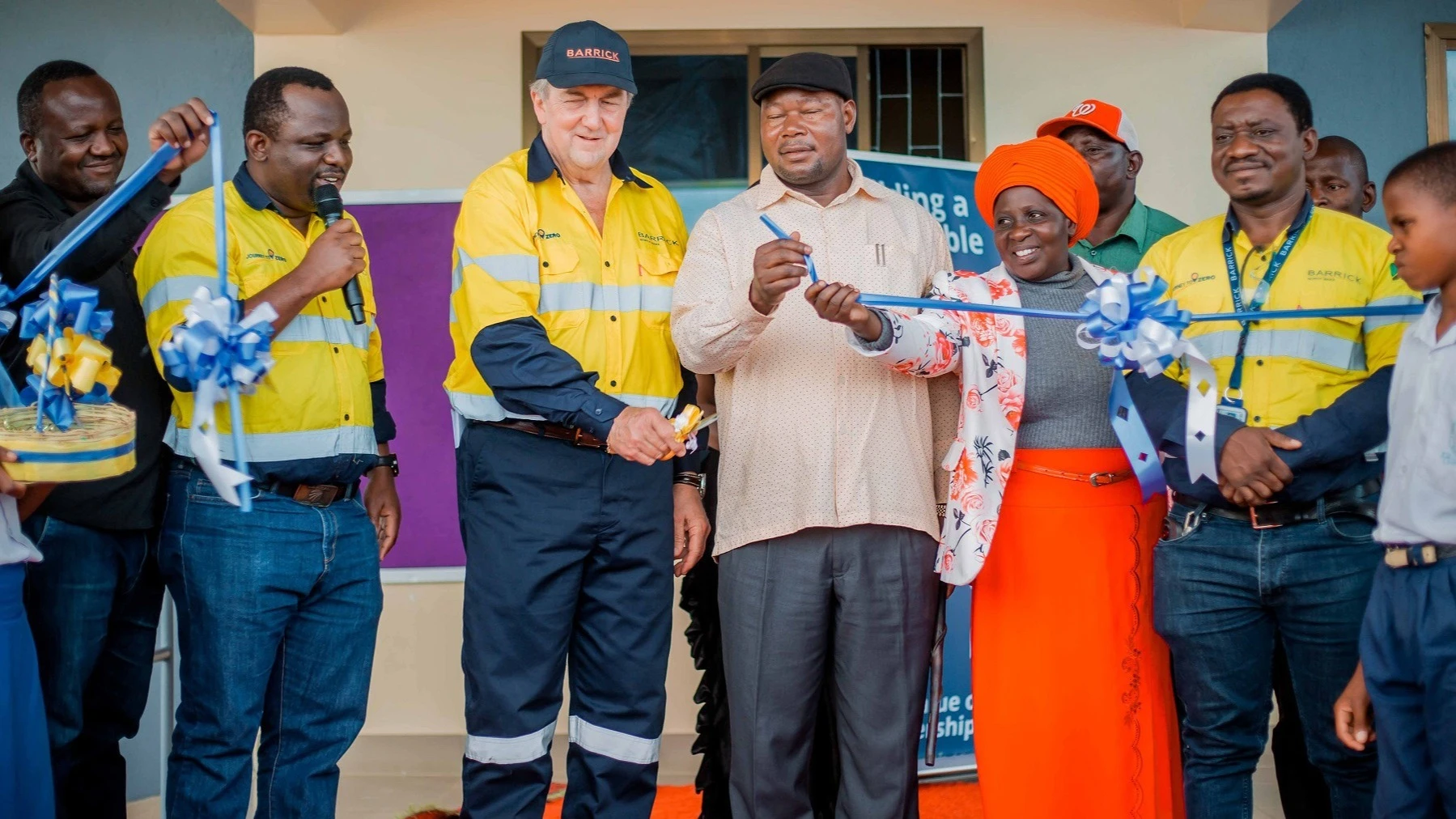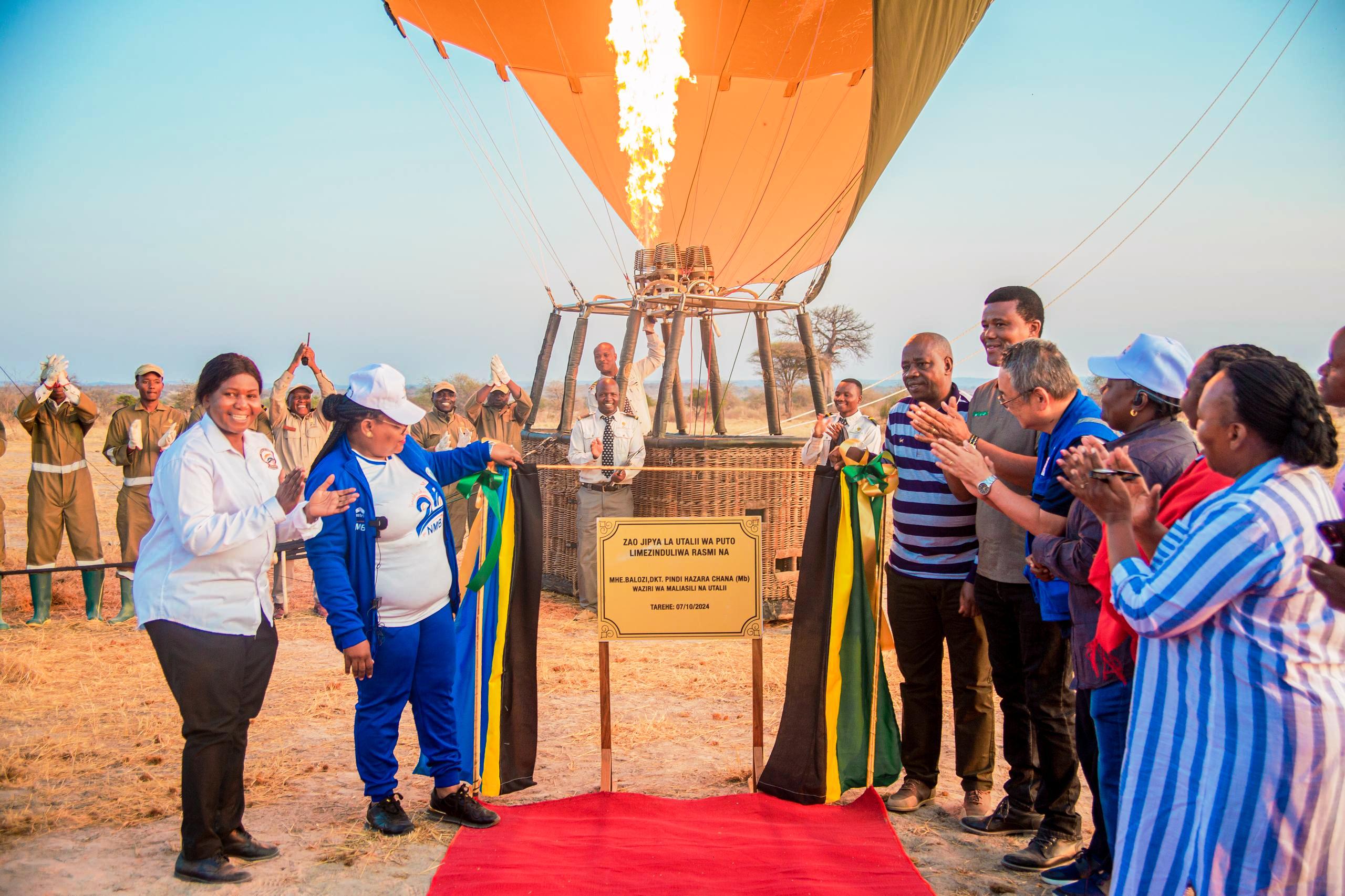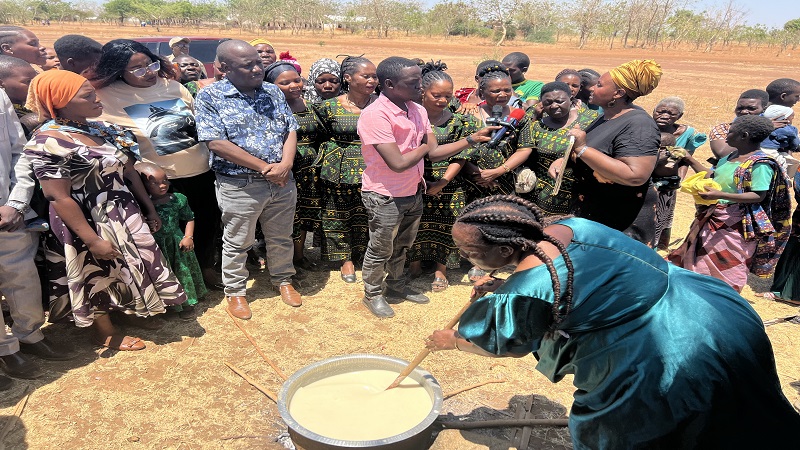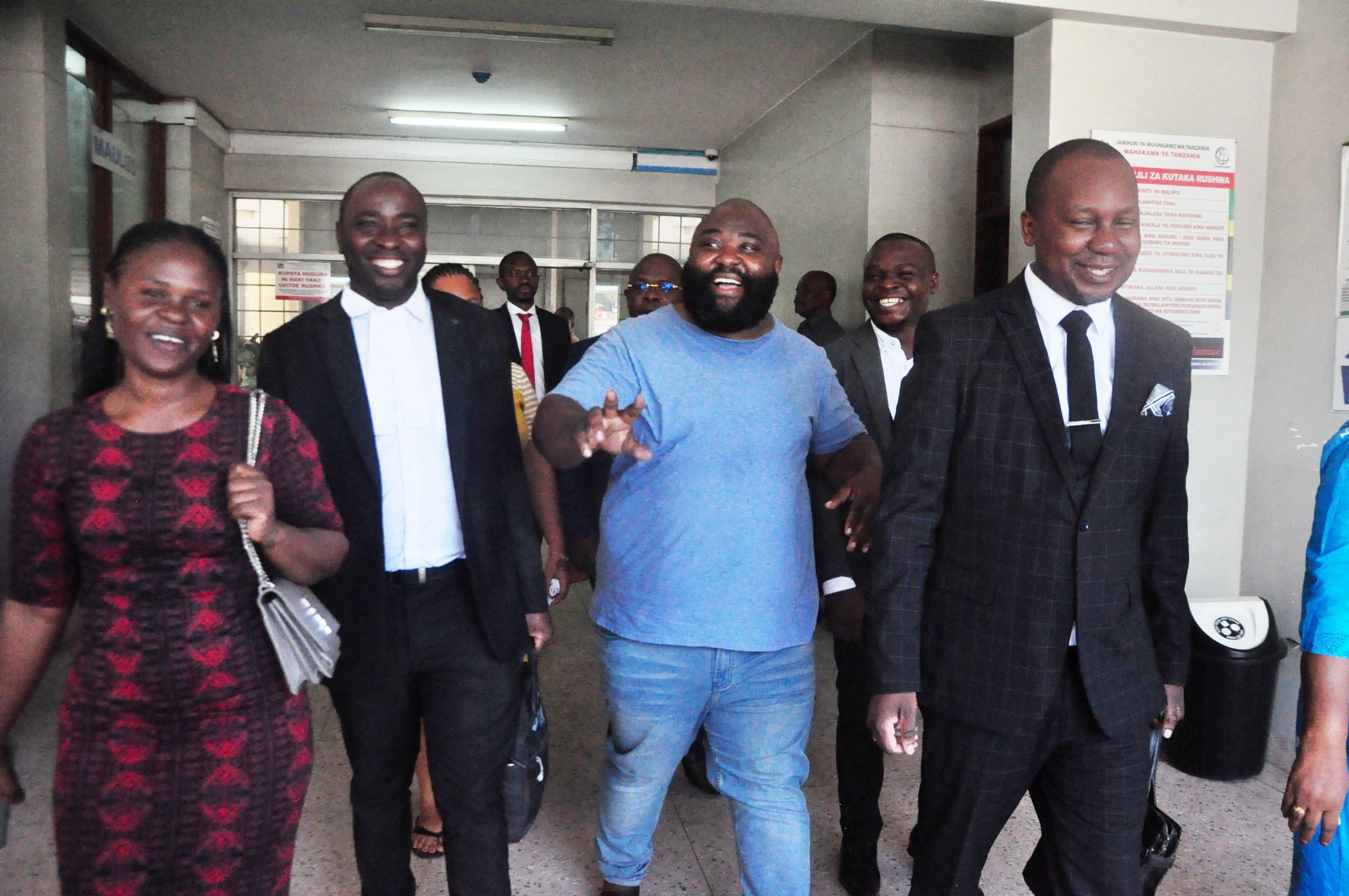Weather experts gather in Dar for climate observation training
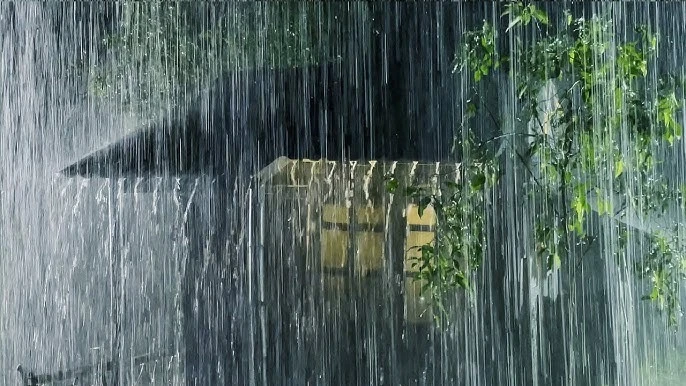
WEATHER experts from 20 countries in East and North Africa are in Dar es Salaam for a five-day workshop focused on the World Meteorological Organisation’s (WMO) integrated global observing system (WIGOS) tools to enhance climate observation.
Current global challenges necessitate a comprehensive upgrade of space- and surface-based observations and predictions. In response, WIGOS offers an integrated approach that incorporates the latest scientific and technical advancements.
Speaking during the opening of the workshop, which featured both hybrid and virtual participation, Tanzania Meteorological Authority (TMA) Board Chair Judge Mshibe Ali Bakari noted that the training is timely and will significantly strengthen the effective use of modern tools in weather observation.
He praised the WMO regional office for its ongoing support for capacity development across Africa, highlighting the opportunities available to national meteorological and hydrological services (NMHSs) in the region.
Judge Bakari explained that the training aims to equip national focal points from member countries with the skills to utilise WIGOS tools effectively, addressing existing gaps in earth system observing capacities and facilitating the exchange of observational data at national, regional, and global levels.
He also mentioned that the TMA recently received $9 million from the WMO to bolster climate observation efforts in the country.
Abubakar Salih Babiker, technical coordinator for infrastructure at the WMO Regional Office in Africa, emphasized that accurate weather observations depend on high-quality data.
He stated that the WMO Integrated Global Observing System enables NMHSs to enhance their observing capabilities, achieve better data coverage, improve economic efficiency, and close existing data gaps.
“The workshop aims to equip participants with the skills needed to effectively use WIGOS tools, particularly regarding the functions of Regional WIGOS Centres (RWC). It also seeks to raise awareness and understanding of their responsibilities related to RWC operations,” he said.
Babiker noted that the African region is particularly vulnerable to extreme weather and climate impacts, including floods, underscoring the urgent need for early warning systems.
The establishment of RWCs aims to advance the implementation of WIGOS in various regions while providing technical support and facilitating regional coordination on WIGOS-related matters.”
Dr Ladislaus Chang’a, TMA Acting Director, stressed that reliable and accurate weather and climate observations are essential for informed decision-making, particularly in the context of sustainable development.
Dr Chang’a, who also serves as Vice Chair of the Intergovernmental Panel on Climate Change (IPCC), underscored that strengthening meteorological services and adhering to global standards will greatly contribute to improved understanding and management of weather and climate-related challenges.
Top Headlines
© 2024 IPPMEDIA.COM. ALL RIGHTS RESERVED








